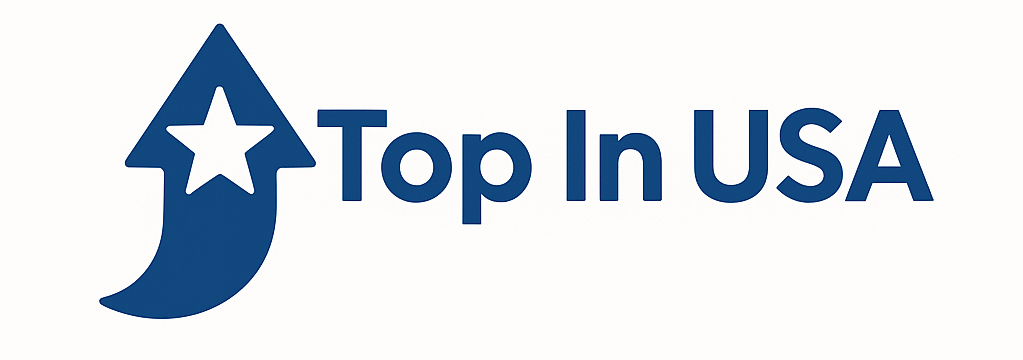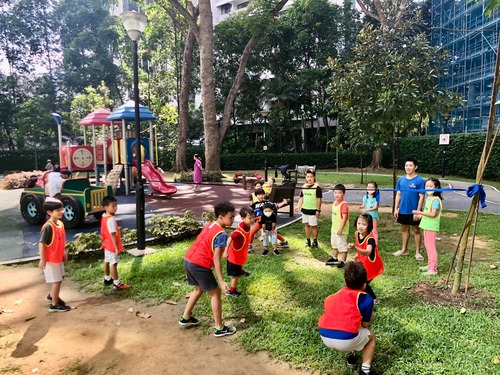Team bonding shapes how colleagues connect, cooperate, and grow together at work. When people step away from daily duties, they forge trust and spark smoother talks. Corporate team building games let teams laugh, solve puzzles, and create stronger ties beyond their roles. The right rhythm of these activities counts more than numbers alone. Too few events leave people apart, while too many can drain them. By striking balance, leaders guide teams to bond deeply while still keeping work on track.
Why Team Bonding Matters
Corporate team bonding does more than amuse people. It reshapes how a workplace breathes. When people bond at work, they:
- Share ideas with courage
- Solve conflicts with calm respect.
- Chase goals together with focus
- Cheer each other’s wins as one team.
These gains stretch far beyond the game itself. They flow into daily work and turn the office into a more joyful and productive space.
Role of Frequency in Team Bonding
The speed of bonding games shapes how teams grow. Too many can exhaust energy, while too few let trust fade. Striking the right beat keeps people eager and makes every session count.
Strike the Right Balance
When you crowd the calendar with too many bonding games. People tire and lose interest. If you rarely gather, people drift apart. You must strike a balance that sparks unity but does not drain energy.
Why Timing Matters
Time between sessions allows lessons to settle. A steady pace also keeps energy fresh. Rhythm shapes habit, while variety stirs curiosity.
How Often is Ideal
Choosing how often to gather depends on team needs. Weekly, monthly, or quarterly events each bring special gains. The right rhythm weaves lasting unity without crowding calendars or stealing focus from daily work.
Weekly Sessions
Some firms test short weekly games. These can:
- Lift spirits during tough projects
- Keep focus alive through the week.
- Spark small talks outside of tasks.
Weekly sessions work best when quick and light. A ten-minute puzzle can revive the mind without cutting into serious work.
Monthly Activities
Monthly gatherings hold a strong middle ground. They:
- Give people something to expect
- Leave room for work to flow.
- Stir excitement and create lasting memories.
Monthly bonding suits teams who enjoy a steady rhythm. Enough time passes for eagerness to build, but not so much that people forget the joy.
Quarterly Events
Quarterly sessions often fit big teams. They:
- Mark a special occasion
- Demand richer planning
- Build lasting unity without crowding the schedule.
These events often involve outdoor challenges, creative workshops, or team projects. Because they happen less, they must strike harder to leave an impact.
Choose the Right Activities
Not every game fits every team. The strongest activities match goals, welcome all, and blend fun with lessons. Wise choices turn games into tools that forge deeper teamwork beyond simple play.
Focus on Relevance
Not all games serve the same purpose. Pick activities that match team needs. Puzzles sharpen logic, while outdoor tasks ignite energy.
Encourage Inclusion
Games should invite everyone in. When activities stay simple and adaptable, no one feels left out.
Blend Work and Play
Some games echo real work challenges. For example, role-play games mirror tricky office tasks but keep them fun. This blend strengthens both skill and spirit.
Factors to Weigh Before Scheduling
No one formula fits all teams. Instead, weigh these:
- Team size and schedules
- Workload and deadlines
- Employee preferences
- Budget and resources
By weighing these, you shape a plan that feels natural, not forced.
Benefits of Consistent Team Bonding
Steady bonding sessions ignite cooperation and lift spirits. They cut stress, sharpen problem-solving, and root trust. Consistency transforms small sparks into strong habits that carve the team’s culture and rhythm.
Sharper Collaboration
Regular bonding polishes how people cooperate. Colleagues trust each other’s strengths and cover each other’s gaps.
Higher Retention
Workers stay longer when they feel part of a team. Bonding builds belonging, which money alone cannot buy.
Stronger Problem-Solving
Games that demand creativity push people to think in new ways. When real issues appear, they face them with sharper minds.
Lower Stress
Corporate team bonding games bring laughter and ease. Regular breaks from work cool down tension and shield people from burnout.
The Pitfalls of Overdoing It
Even bonding can backfire if overdone. Common pitfalls include:
- Too many distractions
- Loss of excitement
- Unbalanced effort
The answer lies in moderation. Each activity should feel welcome, not like a chore.
Team Bonding in Singapore
The rise of Team Building Singapore shows how common such sessions have become. In fast-paced settings, steady bonding games slice stress and nourish unity. In mixed workplaces, these events bridge cultures and weave shared values. The key rests on quality, not numbers. A well-designed event once a month may spark more joy than many rushed attempts.
Making Team Bonding Last Beyond the Game
Bonding does not end when the game stops. By recalling lessons, shaping small daily links, and sharing leadership, teams carry the spirit forward and keep the energy alive long after play.
Reinforce Lessons
After each session, hold a short chat. Quick talks help teams link the game back to daily work.
Create Mini-Moments
Little acts—like shared lunches or a short group challenge—stretch the bonding effect between bigger events.
Encourage Peer Leadership
Rotate who leads each activity. This builds confidence and gives each member a chance to guide.
Ways to Keep Bonding Alive
Bonding thrives when teams mix styles of play, tie games to goals, and gather honest feedback. These steps refresh each event, keep it relevant, and spark excitement for the next session.
Mix Indoor and Outdoor Games
Indoor puzzles and quizzes sharpen minds, while outdoor sports boost energy. Mixing both keeps sessions fresh.
Tie Games to Goals
When the team struggles with trust, choose a task that needs blindfold guidance. If communication feels weak, pick a game that forces quick, clear speech.
Gather Feedback
Ask workers what they enjoyed most. Their feedback guides plans and keeps events relevant.
Final Thought
Team bonding carves a strong path for building workplace culture and lifting morale. Each session fuels trust, sharpens teamwork, and stirs energy during challenges. Corporate team building games remind teams that success grows not only from deadlines but from shared moments. The right rhythm turns each activity into something people treasure instead of enduring. With care in planning, managers inspire both joy and productivity. The aim is not to crowd calendars but to craft events that unite, strengthen, and help teams flourish.




